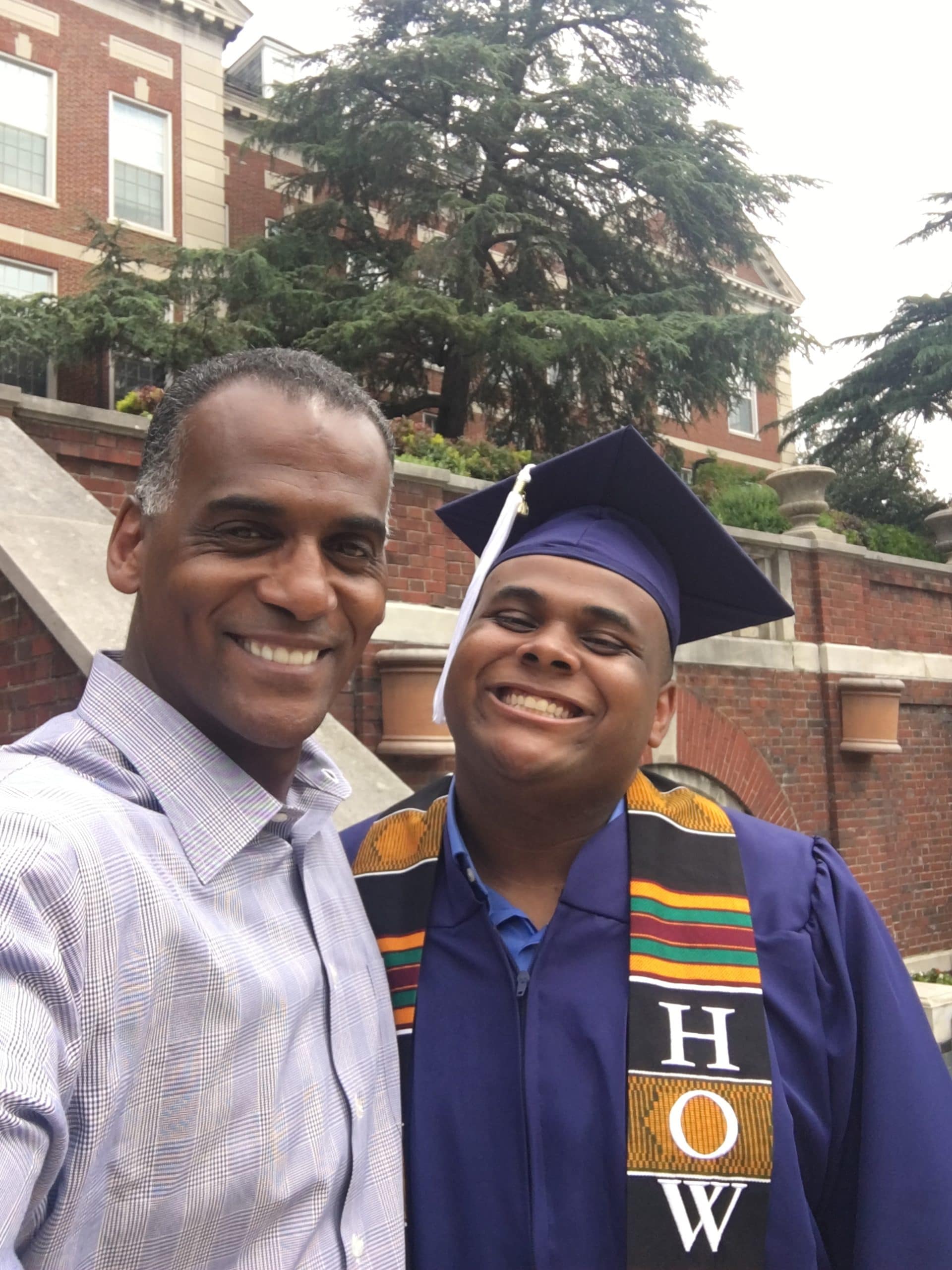Bryce was able to get diagnosed with clear cell sarcoma (CCS) quickly. He tries not to think about it but finds it virtually impossible because he knows that there is no cure. Originally, his primary care physician thought the mass could be a desmoid tumor but once the CT scan and MRI came back as inconclusive, she recommended for it to be biopsied immediately.
After Bryce’s first surgery, we were made aware that the mass was clear cell sarcoma and the surgeon recommended a sarcoma specialist at Washington MedStar. The sarcoma specialist then sent us to an oncology surgeon in Georgetown. The sarcoma specialist told Bryce that there was nothing that could be done, and that he would have to be on high alert for the rest of his life. This was unacceptable to us, as I’m sure it would be to any parent.
Our medical and pharmaceutical backgrounds led us to go on a mission to find out everything we could about clear cell sarcoma. For weeks, we scoured the internet for any information about the disease. It was through these searches that we found Sara’s Cure. Through a post on the Sara’s Cure Facebook page, we were made aware of the Care Oncology protocol.
Bryce is currently receiving excellent care from the sarcoma team at Johns Hopkins in Baltimore, MD. One of our main frustrations as we educated ourselves about the disease was that we found no stories of CCS in black people. In fact, one article even mentioned that CCS is predominantly in white people. Our experience with Sara’s Cure has shown us that this is not the case at all. Clear cell sarcoma does not discriminate and does not care about your ethnic background.
No parent wants to hear the word “cancer” when it comes to their child. More importantly, no person should have to hear that they or a loved one has cancer that has no treatment or cure. Our goal is to not only raise awareness that will lead to a cure for clear cell sarcoma, but to also have some type of nationwide protocol for the disease. We also want to raise awareness for people of color affected with rare diseases because CCS affects so many different communities.
The National Organization for Rare Disorders (NORD) is committed to telling the stories of patients and families with rare or undiagnosed diseases and helping them live their best rare lives. If you would like to share your story, contact NORD here.



